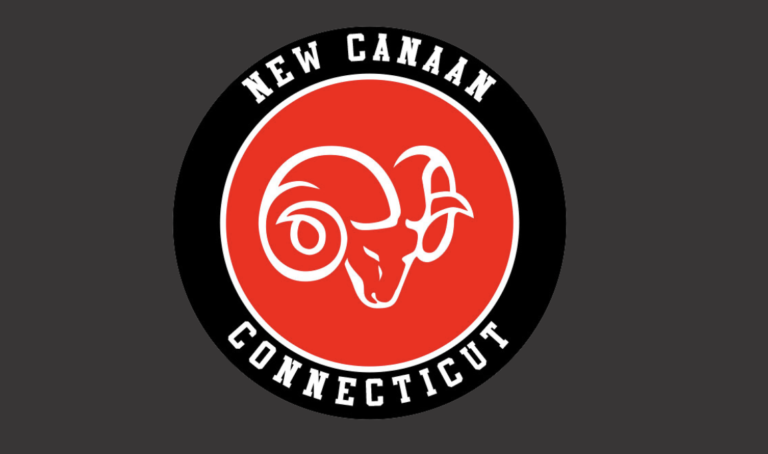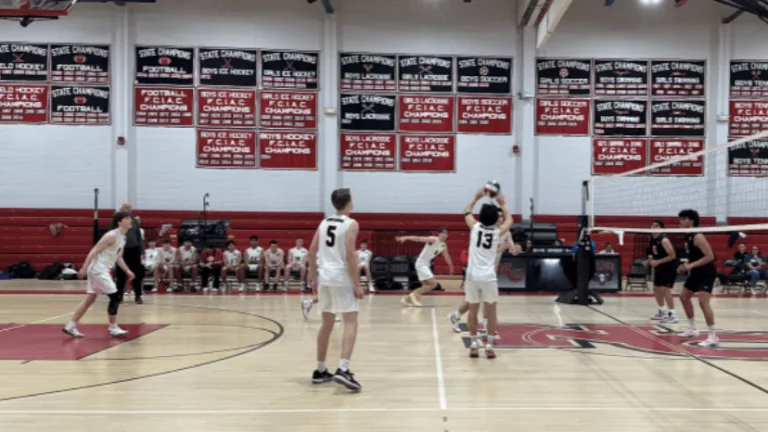There is growing support for those embarking upon a Dry January. Dry January began in 2012 as an initiative by Alcohol Change UK to “ditch the hangover, reduce the waistline and save some serious money by giving up alcohol for 31 days.” Since then, the number of people on both sides of the Atlantic who participate in Dry January has surged. USA Today recently reported that between 15% and 35% of US drinkers overall planned to participate this year. Nielsen IQ market analysis found that there ‘is a wider wellness movement taking place with more people from every age and stage of life trying to take better care of themselves’ – a movement that includes rethinking alcohol consumption.
As a professional recovery coach and someone who has lived alcohol free for 24 years, I think Dry January is a great way to evaluate/re-evaluate your relationship with alcohol. Taking a break for a month isn’t life-changing, but what a person can learn about themselves and how drinking affects them emotionally and physically can be. That’s valuable information for anyone which may inform how they take care of themselves moving forward.
As January 31st will be here in a blink of an eye, you may be one of the millions of people who are currently asking yourself, “So then what?” If you’ve been feeling happier and healthier without alcohol, your curiosity may be piqued about how to drink alcohol in a more moderate or mindful way or what other supports you could put in place for continuing to place alcohol on hold.
Here are a few ideas and strategies for staying the course:
• Extend the challenge and continue your ‘Alcoholiday.’ Remain open and curious to seeing what 60 days without drinking feels like.
• Work with a recovery coach. This support specialist provides connection and resources for helping you sustain health and wellness.
• Continue to educate yourself about the adverse health effects of alcohol. From liver disease to dementia to breast cancer – it’s pretty sobering.
• Read some great books about the topic. My top recommendations: Laura McKowen’s Push Off From Here, Hilary Sheinbaum’s The Dry Challenge, Annie Grace’s The Alcohol Experiment, Ruby Warrington’s Sober Curious.
• Keep notes in your phone. Keep a journal. Record what you notice. Has your sleep changed? Do you feel more focused? Have you lost weight? Any changes in your relationships?
• Download a sober App like I’m Done Drinking. You can plug in how much you drink each week each day, how much it costs, and what day you stopped drinking. You’ll be amazed by how much money you’re saving.
• Check out some recovery support meetings. Really cool people go to those meetings (including me). AA isn’t for everyone, but so many other support groups exist including: SMART Recovery, Refuge Recovery, Tempest, LifeRing et al.
• If you resume drinking, rotate in alcohol free drinks. Restaurants and bars across the country have added an alcohol-free section to their menus.
• If you are struggling with alcohol use and need more support, talk to your doctor right away. Professional help for mild, moderate, or severe alcohol use disorder is recommended.
As a result of taking a break, you may have more awareness, insight, and understanding around your relationship with alcohol. You’ve given yourself a gift, now enjoy the health benefits. And start contemplating what you want your relationship with drinking to look like in the months to come. If you don’t want to break up with alcohol permanently, at least think seriously about how and when, and what alcohol you consume. You’re in the driver’s seat so enjoy kicking off 2024 heading in a new and different direction!
Resources:
Recovery Coaching & Support Services: www.pathtowardrecovery.com
Alcoholics Anonymous: www.aa.org
SMART Recovery: www.smartrecovery.org
Refuge Recovery: www.rerfugerecovery.org
LifeRing: www.lifering.org
Tempest Recovery: https://jointempest.com
Sources:


